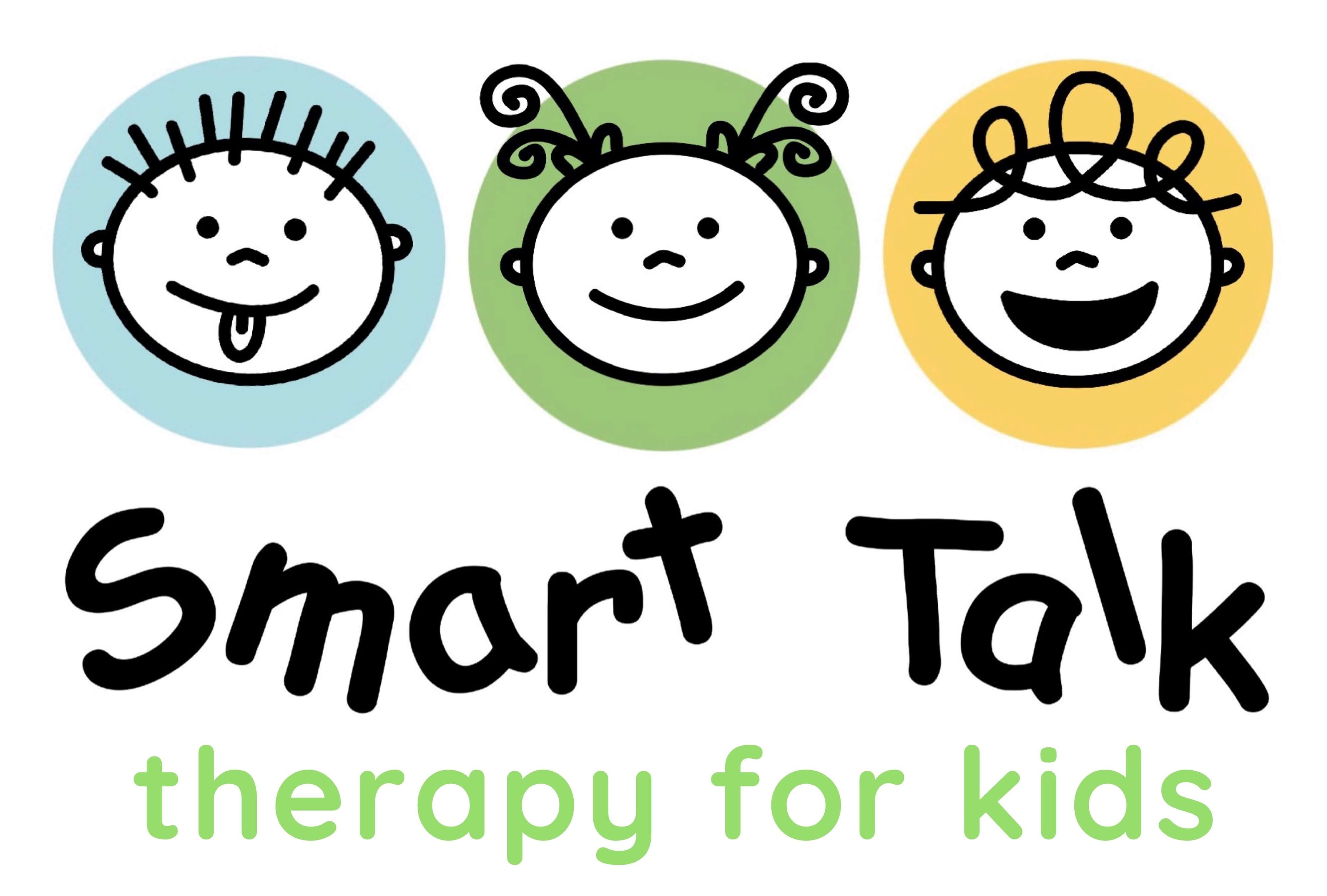Language
‘Language’ covers a wide variety of concepts.
Semantic skills (Vocabulary)
This refers to words and their meaning. Vocabulary can either be ‘receptive’ – what you understand, or ‘expressive’ – what you are able to use. This includes the ability to:
- Label objects, features and actions
- Recognise and name categories
- Understand and use describing words (adjectives)
- Comprehend and state functions
- Understand and generate word definitions
- Identify synonyms and antonyms.
- Appreciate multiple meanings and figurative language.
- Identify similarities and differences
Strong semantic language and vocabulary skills are important to help children to communicate effectively and is also important for the development of literacy.
Morphology and Syntax (Grammar)
Morphology refers to the structure of words and syntax refers to the correct word order and word combinations to form sentences. This include the ability to;
- Form sentences
- Use verbs (action words),
- Use adjectives (describing words)
- Use and understand plurals and tense
- Use conjunctions (joining words) to make complex sentences
- Recognize when sentences make sense
Strong morphology, syntax and grammar skills are important to help children to express themselves both orally and in writing.
Narrative (story-telling)
Narrative refers to the ability to tell a story or a series of events. Narrative skills includes the following;
- Sequencing
- Using conjunctions (joining words) to link ideas
- Organising ideas
- Identify and create settings, events and characters
- Identifying and using different text types (eg procedure, retell etc)
Narrative skills are important for effectively sharing a series of information or ideas with others.

